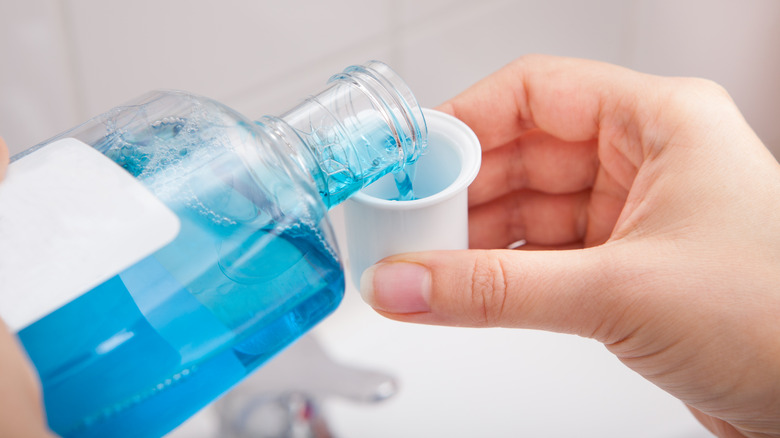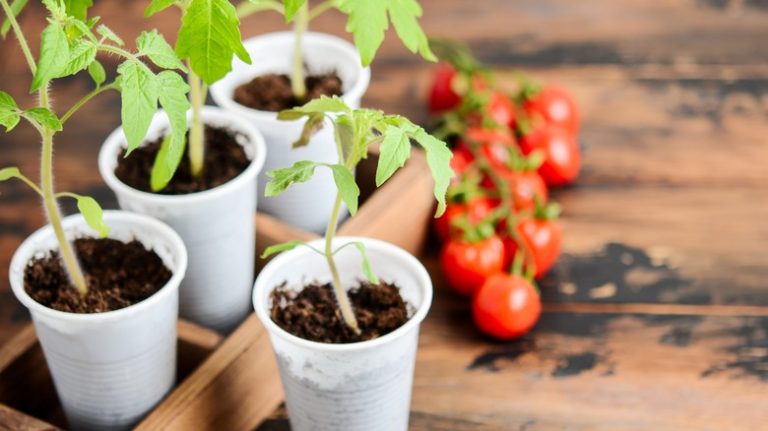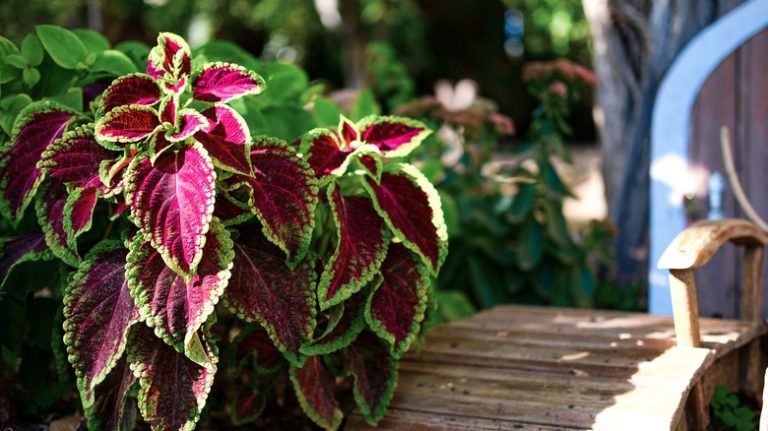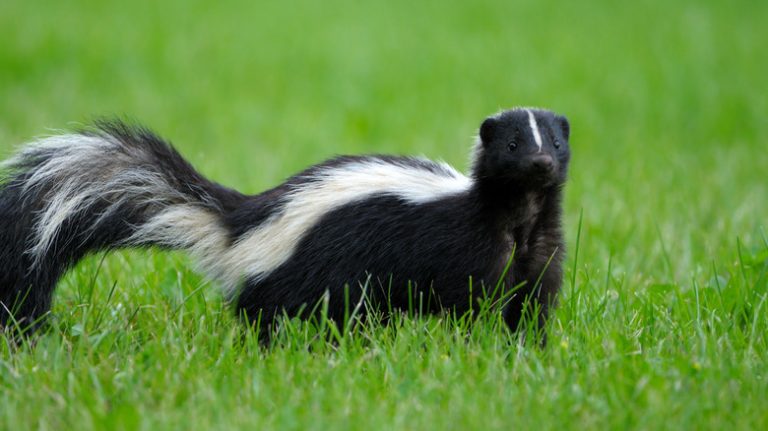Welcome to all those curious. Whether you are a garden enthusiast, professional botanist, or just someone in search of a secret weapon for pest control, you have come to the right place. Believe it or not, the answer has been sitting on your bathroom counter this whole time — mouthwash. This surprising remedy holds the potential to boost your garden’s vitality while also serving as an unorthodox pest deterrent and cost-effective solution for preventing diseases.
Before we dive into the practical applications of mouthwash in gardening, it is essential to know the science behind it. Let’s take Listerine as an example. The main ingredients in Listerine are ethanol (alcohol), hydrogen peroxide, and three essential oils: thymol, menthol, and eucalyptol. These substances are known for their antimicrobial properties, which are as effective in the garden as in oral hygiene.
The antibacterial agents in mouthwash, like ethanol and hydrogen peroxide, help to combat plant diseases caused by harmful bacteria and fungi. Similarly, alcohol can disrupt the life cycles of many pests, discouraging them from settling on your precious plants, while minty compounds like menthol and eucalyptol have strong scents that can repel insects. And, if that isn’t enough for you, it can also be used to get rid of any foul odors coming from your plants. Time to go into detail and figure out how and why!
Mouthwash as a fungicide, insect repellent, and more
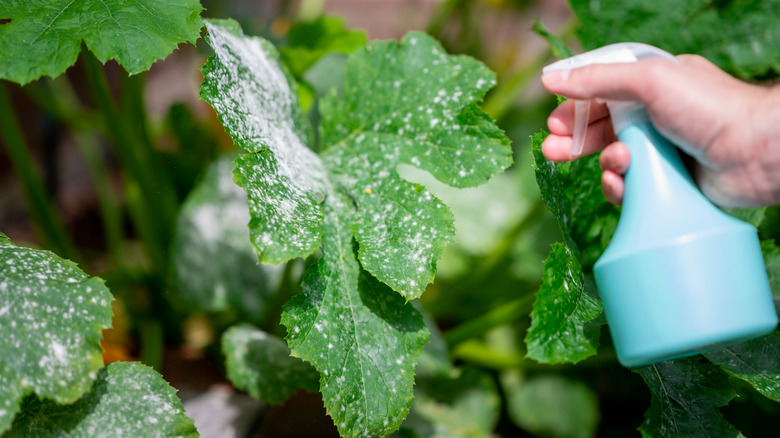
One of the notable benefits of using mouthwash in your garden is its effectiveness as a fungicide. Plants often suffer from fungal infections, resulting in yellowing leaves; stunted growth; and, in worst-case scenarios, plant death. The alcohol and hydrogen peroxide in mouthwash can help to combat these harmful fungi, keeping your plants healthy and vibrant.
To use mouthwash as a fungicide, Gardening Soul suggests that you mix one part mouthwash with three parts water. Then, spray the solution onto the affected plants, ensuring it coats the leaves, stems, and surrounding soil. You can also spray this solution onto healthy plants as a preventive measure. However, it is crucial to remember not to overuse the mouthwash mixture, as the alcohol content can harm the plants if used excessively.
Mouthwash’s high alcohol content and strong scent make it an effective deterrent against garden pests. Insects such as aphids and spider mites can be discouraged from feasting on your plants due to the potent, minty aroma. Additionally, the alcohol will dry up any protective coatings on their exoskeletons, dehydrating them and killing them within a few hours.
For this, you must prepare a solution of one part mouthwash and one part water. Spray it lightly on plants that are frequently targeted by pests. Doing this helps eliminate those funky smells that tend to come at the price of these problems mentioned above, as it kills bacteria and the culprits of rot in your plants.
A word of caution about using mouthwash on plants
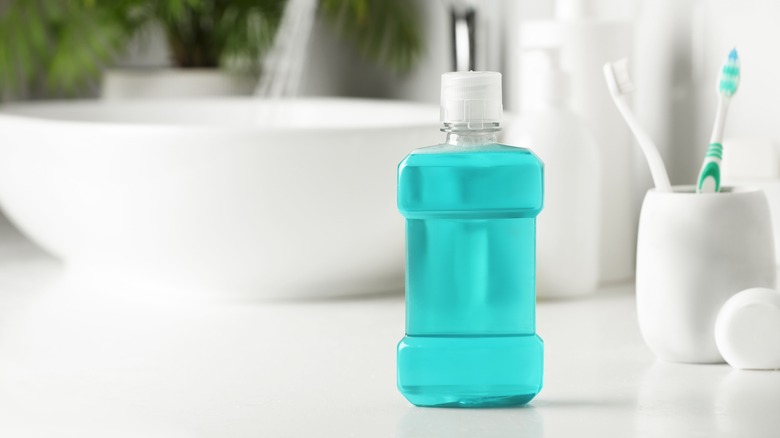
While using mouthwash in your garden can yield surprising benefits, it is essential to exercise caution. Firstly, always opt for a sugar-free mouthwash. Sugar could attract more pests and might harm the plants. Secondly, some plants may be more sensitive to mouthwash than others, so it’s always a good idea to test the mouthwash solution on a small area of the plant and wait 24 hours to see if there are any adverse reactions. Although Listerine hasn’t necessarily been proven harmful, it’s always best to be safe when using something for the first time on living organisms. Lastly, remember that mouthwash is a supplement to regular plant care. It should not replace watering, fertilizing, and providing adequate sunlight for your plants.
In the world of gardening, sometimes the most unconventional solutions can bring about the most surprising results. Mouthwash, a staple of oral hygiene, has proved to be a valuable addition to the gardener’s toolbox. Whether it’s warding off harmful fungi, keeping pesky bugs at bay, or deodorizing your plant, mouthwash does more than freshening your breath — it could help your garden thrive too. However, always remember to use it judiciously and with careful observation.

